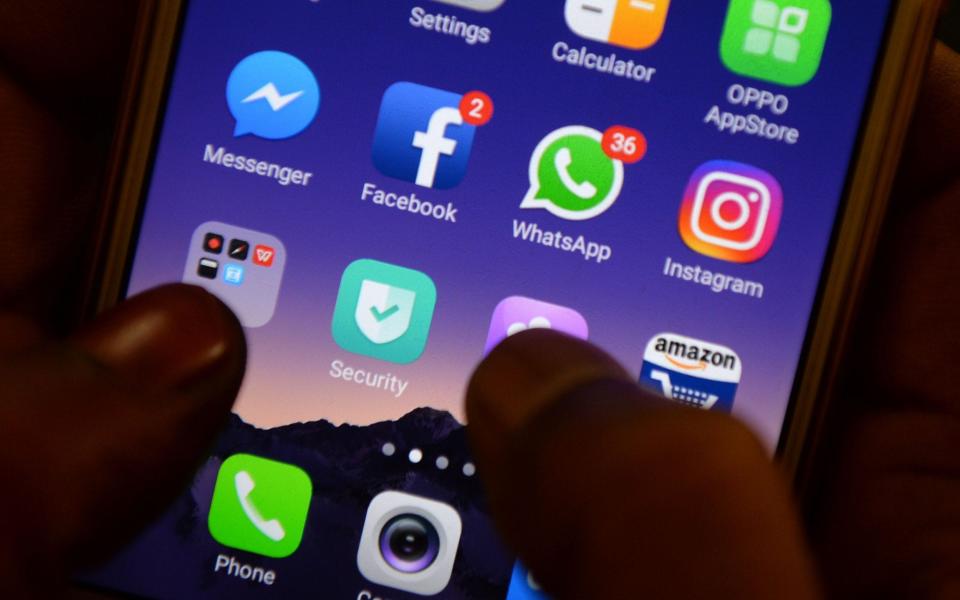BBC: WhatsApp is making a mistake by not letting us in

The BBC should be considered as trustworthy as the World Health Organisation, the head of the World Service has said, in a debate over access to the WhatsApp platform.
The corporation wants to publish news on WhatsApp and pointed to the recent announcement that the WHO is using it to send Covid-19 health alerts.
But WhatsApp’s parent company, Facebook, has refused the BBC’s request. Jamie Angus, director of the BBC World Service Group, said: “WhatsApp has allowed the WHO to publish trusted information directly into the WhatsApp environment. WhatsApp has declined to do that for the BBC and I think that’s a mistake.
“Sometimes you get the argument that ‘we can’t do this for the BBC because then we’d have to do it for Russia Today or CGTN [China Global Television Network]’, but the global challenge we are facing means that the moment is bigger than that, and it’s time for those tech platforms to pick what side they’re on and take on the responsibilities of a publisher.”
Angus said a BBC WhatsApp service is needed during the Covid-19 pandemic. “The house is on fire and you want to open the fire hose to the maximum capacity in those circumstances, to saturate the environment out there with trusted and accurate news,” he said.
But it is a subject that the BBC has been discussing with WhatsApp for several years, Mr Angus said, arguing that it would be a counterweight to fake news.
He told the Media Masters podcast: “One of the things I'm particularly worried about is the private end-to-end encrypted chat world, and we don't pay enough attention to this, relative to other digital media.
"On a web page it's easy to search and uncover disinformation. One of the really difficult things about chat apps - and particularly WhatsApp - is that the material is end-to-end encrypted. It can't be searched and it is often very hard for us to find that something has been circulated until literally millions of people have seen it. That's something I'm very worried about."
He said the World Service “is one of the few independent and trusted global voices left. It has become absolutely clear how necessary that role is, because we are seeing an explosion of poor quality and ultimately downright dangerous misinformation about the coronavirus. That is a global phenomenon that requires a global solution."
In response, a WhatsApp spokesperson said: ""WhatsApp was designed as a private messaging service to communicate with people you know. We do not allow organisations to broadcast mass messages to users on WhatsApp. Instead, our model requires users to reach out to a business or organisation to initiate a conversation.
"We have partnered with WHO and government health ministries around the world to create user-initiated ‘chatbot’ services as a way to provide the public with official health information and advice about the COVID-19 pandemic, and to combat misinformation."

